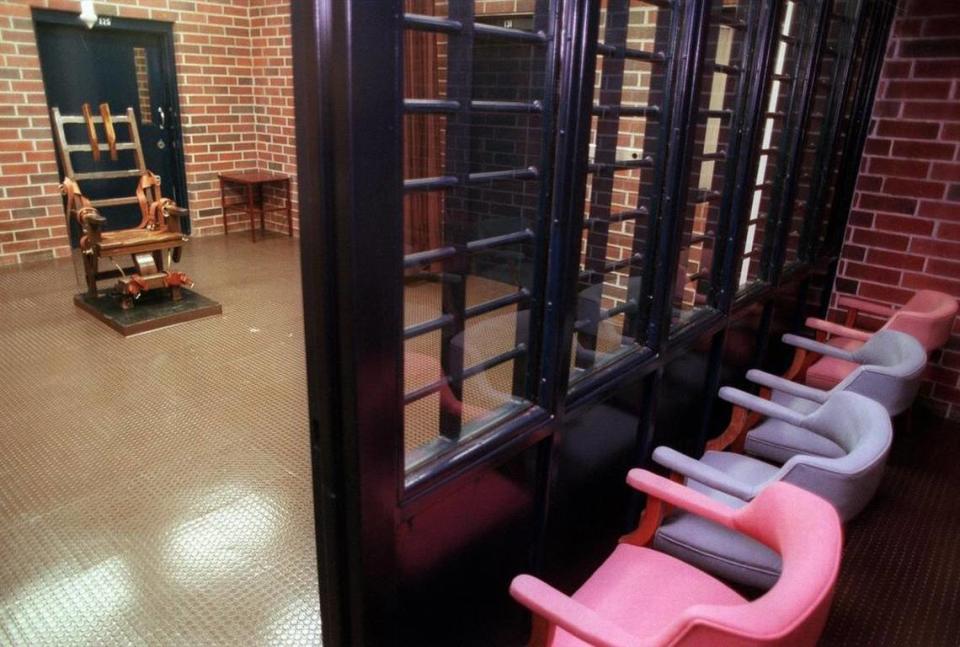How will SC carry out the death penalty? Execution details must remain in public view

South Carolina currently has 35 souls listed on its “Death Row Roster,” a single-page document that lists inmates facing the death penalty.
Their names are public information, as they should be, because they have been prosecuted by the state in the name of its citizens.
We have every right to know what steps are taken on our behalf and that includes, should the day come, the manner in which each of these 35 people is put to death.
Support for the death penalty in murder cases remains high according to the Pew Research Center, and it remains the law of the land in South Carolina. As long as that holds true, the state has a duty and obligation to be open and honest about the process.
That’s why a push by Bryan Stirling, director of the state’s Department of Corrections, to see the State Legislature pass a law that would allow the drug companies that sell the ingredients for the lethal injection to remain anonymous is shameful and an insult to every South Carolinian.
It is also in direct conflict with the state General Assembly’s own stance embedded in the South Carolina Freedom of Information Act.
The act states, in part, “The General Assembly finds that it is vital in a democratic society that public business be performed in an open and public manner so that citizens shall be advised of the performance of public officials and of the decisions that are reached in public activity and in the formulation of public policy.”
Read that again. The General Assembly finds that it is vital in a democratic society that public business be performed in an open and public manner.
Stirling and State Sen. Greg Hembree, R-Horry, would do well to memorize that passage.
Hembreee, who has already agreed to prefile a bill creating this shield law for drug companies told our reporter Emily Bohatch, “If we’re going to have the death penalty, having all the alternatives available, in something that is arguably inhumane, its the most humane way to approach it.”
Hembree was the sponsor of an execution bill that passed earlier this year making the electric chair the default method of execution. The electric chair is also the only means of execution currently permitted in the state, though work is under way to institute firing squads as another form of execution.
In the meantime, Stirling says the shield law is needed because the state can’t purchase the drugs necessary to carry out lethal injections because drug manufacturers don’t want it known that they are linked to executions.
Imagine having the audacity to suggest that a private company’s fear that its brand might be tarnished outweighs the public’s right to know.
Yes, other states, including neighboring Georgia, have shield laws, but that doesn’t mean South Carolina should follow suit.
Instead, our State Legislature should use this opportunity to demonstrate to others that private interests don’t trump the public good in the state of South Carolina.

 Yahoo Finance
Yahoo Finance 